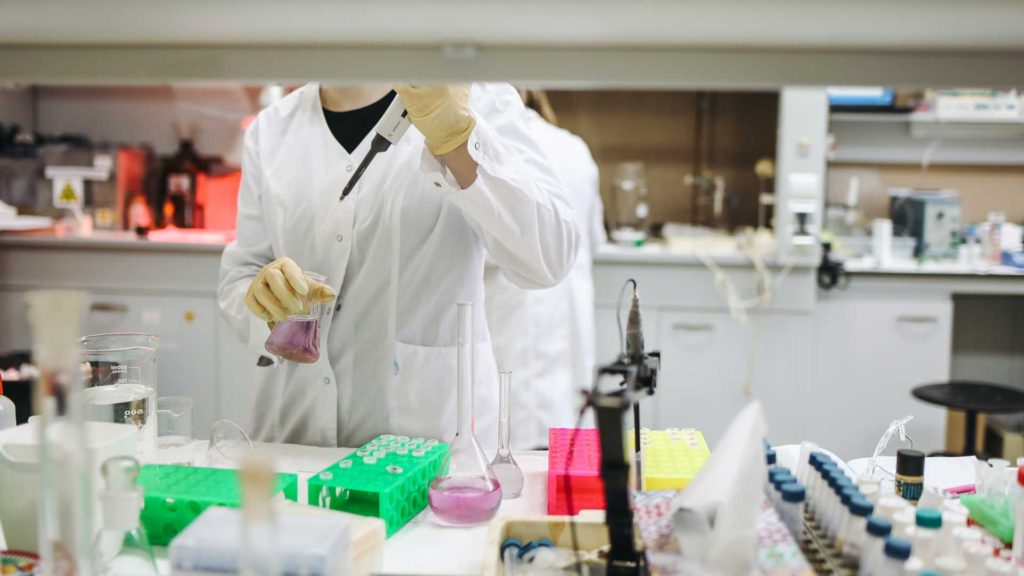You have probably heard a lot about COVID-19 tests in recent times. If you think you are infected by the coronavirus and want to conduct a COVID-19 test, immediately contact your local healthcare department or healthcare provider.
There are also many community testing sites available in every state. The FDA is trying to provide the kits for everyone as soon as possible. To increase availability, you may have heard of different types of COVID-19 tests.
Before conducting your COVID-19 test, read this article to learn which test to perform and when.
RT-PCR Test
PCR test detects viral RNA presence. It is very precise and useful. Much before the individual becomes infected, this test can detect a COVID-19 infection, which will allow for early isolation. This approach is, therefore, capable of stopping the virus from being spread to other hosts.
The negatives are the financial cost, the more extended evaluation period, and the need for extremely skilled sample handling workers relative to the antigen analyses.
Rapid Antigen Test
Rapid antigen tests detect viral proteins. When the body has the greatest concentration of these proteins, the fast antigen screen exposes patients at the infection’s peak.
The downside is that they are not as sensitive (accurate) as the routine RT-PCR tests used to distinguish those contaminated correctly. A significant percentage of those tainted pass the test as a false negative by using them. These individuals will be circulating the infection to others in a few days thinking they are safe.
The advantage is the expense, the results within 30 minutes and lower demands on the staff’s skills.
You are NOT sure to be uninfected when taking the test while you are being screened using the Quick Antigen test.
Antibody Test
This test tests SARS-CoV-2 virus antibodies in the bodies of people who have either had or are successfully healing from COVID-19. At the start of the infection, antibodies are not present.
Tests for an antibody can provide rapid results but should not be used to diagnose an active infection. In reaction to the virus, antibody studies only detect antibodies the immune system produces, not the virus itself. The production of appropriate antibodies to be identified in a test will take days to several weeks.
We do not know precisely how long the antibody remains in the body. Even we don’t know the antibodies grant you defensive protection against the virus. So the serology test findings shouldn’t be used to figure out if you have virus immunity. The FDA advises patients not to use any antibody test results as an indicator that they should avoid taking precautions to shield themselves and others, such as avoiding social distancing or not wearing masks.
COVID-19 Test in Your Community
The easiest way to get a COVID-19 test is to call the provider of health insurance. You can also visit the state or municipal health department’s website to check for the latest local COVID-19 testing statistics. Often some groups measure asymptomatic individuals (who do not show any symptoms of COVID-19). These persons are mostly health professionals or other essential workers with a great deal of public interaction.



